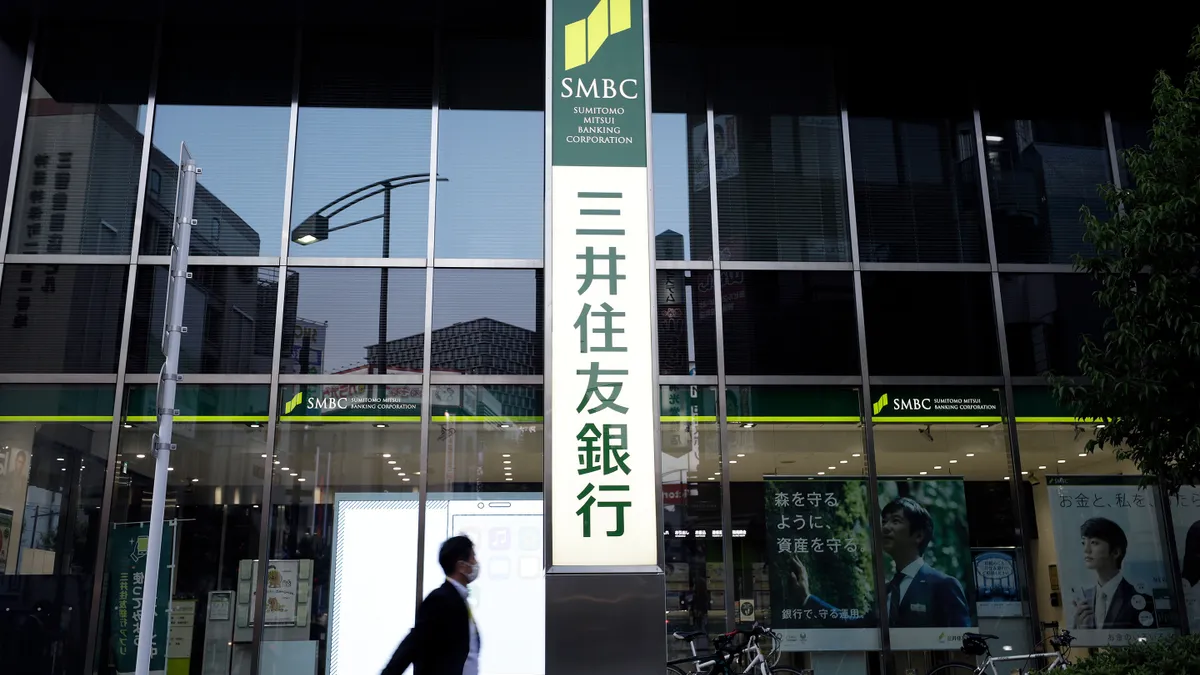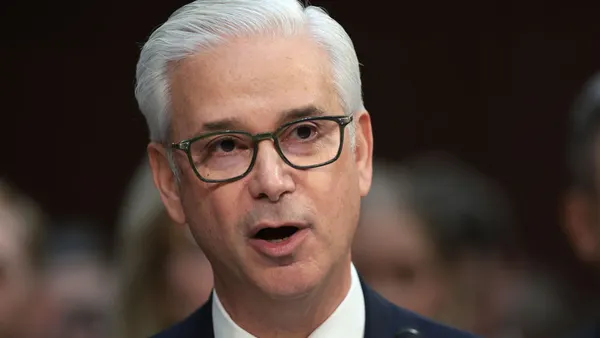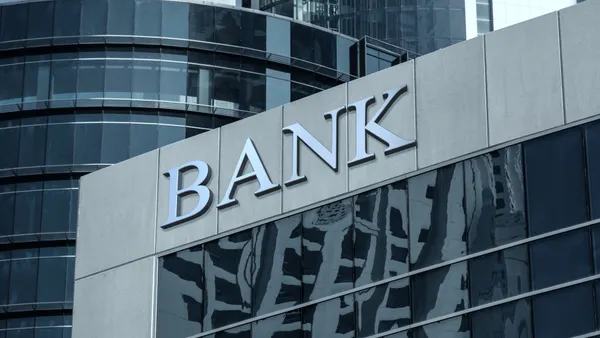JPMorgan Chase will soon bring banking to the blockchain with the launch of its stablecoin-like token for institutional clients, JPMD.
The USD deposit token, which will serve as a digital representation of commercial bank deposits, will soon debut on Base, Coinbase’s public Ethereum-based blockchain. The permissioned token will only be available to JPMorgan’s institutional clients, differentiating itself from publicly available stablecoins like PayPal’s PYUSD and Circle’s USDC.
“It will be the first token of its kind on a public blockchain, enabling fast, secure, 24/7 money movement between trusted parties,” according to a post by Base on social media platform X.
“J.P. Morgan chose Base to take advantage of sub-second, sub-cent transactions for their clients, giving institutions access to near-instant settlement and real-time liquidity,” Base posted. “Moving money should take seconds, not days. Commercial banking is coming onchain.”
The nation’s largest bank filed to trademark JPMD with the U.S. Patent and Trademark Office on Sunday. The goods and services listed on the patent are wide-ranging, leading to speculation by industry publications like Cointelegraph that a JPMorgan-specific token was on its way.
The patent filing followed a Wall Street Journal report last month that JPMorgan, Bank of America, Citi, Wells Fargo and other large commercial banks were exploring the creation of a joint stablecoin.
It also follows an announcement by France’s Societe Generale, which said last week it would launch a publicly tradeable stablecoin backed by the U.S. dollar in July. The coin, USD CoinVertible, will be issued on the Ethereum and Solana blockchains, Reuters reported.
Naveen Mallela, global co-head of JPMorgan’s blockchain unit Kinexys, told CNBC on Tuesday that JPMorgan expects institutions to use JPMD for “onchain digital asset settlement solutions as well as for making cross-border business-to-business transactions.”
“Given the fact that deposit tokens would eventually be interest bearing as well, this would provide better fungibility with existing deposit products that institutions currently use,” he told the outlet.
Though seen by many as less volatile than cryptocurrencies not pegged to the U.S. dollar, stablecoins are largely unregulated in the U.S. However, the Senate on Tuesday passed the GENIUS Act, which will create a regulatory framework for stablecoins.
Although some publications referred to JPMD as a stablecoin, JPMorgan says JPMD is instead a different kind of product that shares some similarities with stablecoins, according to CNBC.
JPMD has thus far had “preliminary interest from large institutional players who want more native onchain cash solutions from pre-eminent and reputed financial institutions,” Mallela told the outlet.
Neither JPMorgan nor Coinbase immediately responded to requests for comment.












